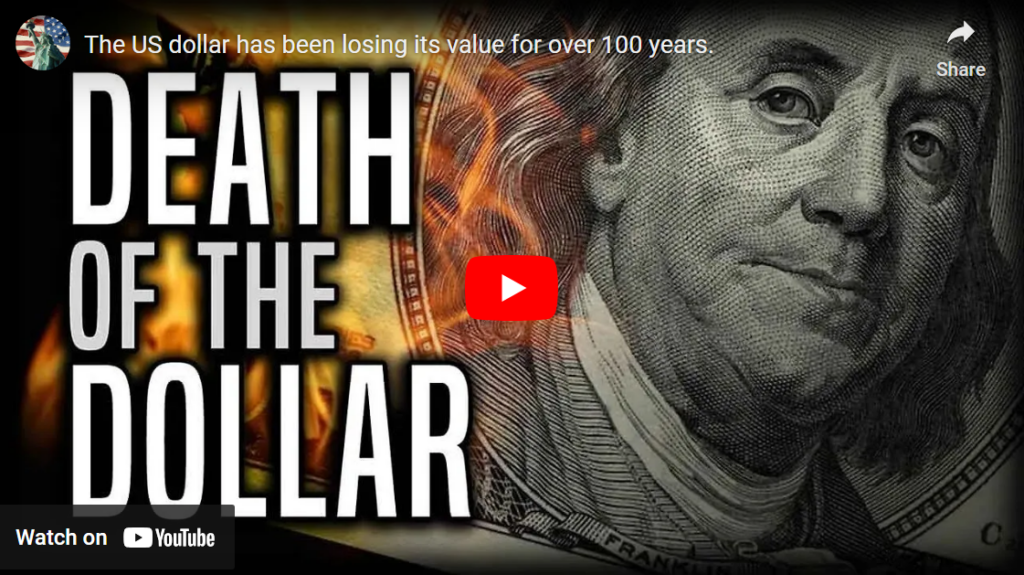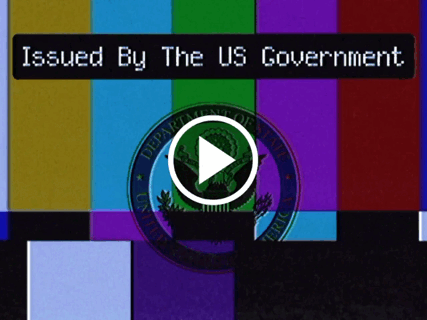Debits and Credits
Something’s off. And it’s making life downright unpleasant for a broad cross section of Americans.
The average worker, after putting in his 40 hours a week, is coming up short. Cash outflow consistently exceeds cash inflow. Debits overwhelm credits. How could this be?
The unemployment rate, according to the Bureau of Labor Statistics, is 3.5 percent. This is near a record low.
With everyone working and earning an income, shouldn’t consumers be fat and happy? Shouldn’t they be paying down their debts and paying off credit card balances each month? Shouldn’t they be squirreling away a few nuts for the winter ahead?
In reality, consumers are struggling to make ends meet. Households are spending more money than they’re bringing in. Their finances are being stretched to the breaking point.

For example, seasonalized rates of severe delinquency for auto loans are the highest they’ve been in 17 years. Severely delinquent loans, if you’re unfamiliar with the term, are loans that are more than 60 days past due. Defaults are more than 90 days past due.
Typically, a spike in delinquent loans doesn’t come until there’s a spike in the unemployment rate. Yet, the unemployment rate is near a record low and delinquent loans are the highest they’ve been since 2006. What’s going on?
This Could Be the Biggest Game-Changer of 2023!
Perhaps the rising price of credit, coupled with rising consumer prices, has put the squeeze on borrowers. Between making debt payments and paying higher prices for food, gas, and shelter, Americans are running out of money before their next paycheck arrives.
To make up for the difference, they’re piling on debt. All the while, the unemployment rate is just 3.5 percent. This is not how things should work in a healthy, well-functioning economy.

Too Much Baggage
This dynamic of debits exceeding credits is well demonstrated by the new car market. Where over the last few years the price of purchase and the price of financing have both experienced a relentless rise.
Cox Automotive recently reported that today’s average new car loan has a monthly payment over $750, with an interest rate of 9.5 percent. What’s more, it now takes 42 weeks of income for the average American to buy a new car. That’s up from about 33 percent before the coronavirus madness.
Moreover, the monthly payment for roughly 17 percent – or about 1 in 6 – of new vehicle loans in Q1 2023 was over $1,000 bucks. Now, $1,000 in the year 2023 may not be what it was just five or 10 years ago. But it is still a massive monthly expense to pile on top of food, shelter, and utility costs.
Must See–> Joe Biden Exposed For Sabotaging Investigation Regarding Muai Fires!
For $1,000 per month, you can buy a lot of Uber and Lyft rides without locking yourself into the misery of a 5-year – or longer – loan. In addition, you’ll avoid the negative equity a new car suffers the moment you drive it off the lot.
Quite frankly, not owning a car and relying on Uber or Lyft to get around town would be a major bummer. But having a $1,000 per month payment and 5 years of debt enslavement would be far worse. That’s just too much baggage to have to carry over such an extended duration.
To be clear, we generally disparage the perpetual renter lifestyle – you will own nothing and be happy – promoted by the WEF elites. Nonetheless, $1,000 per month to have a place to store your breath mints is absurd.
Something to think about before you sign up for a monster car payment.
Rolling Credit Card Debt
At the same time, car loans aren’t the only form of debt where consumers are coming up short. Basic credit card debt is currently spiraling out of control.
Credit card debt recently topped $1 trillion for the first time ever. The average interest rate on credit card debt also recently topped 20 percent.
These two factors are driving another first in the world of credit card debt. Specifically, the share of Americans who roll their credit card debt over from month-to-month than those who pay their balance in full is higher for the first time ever.

According to a survey from J.D. Power, 51 percent of Americans can’t pay off their entire balance each month and let it pile up to the next month, accruing interest along the way. For the 5-year period ending in 2022, the percentage of credit card users rolling over their balances ranged from 40 to 50 percent.
Something is clearly breaking down. Consumer price inflation. Exhausted savings. Rising interest rates. These all contribute to expanding credit card balances. And there’s little hope debtors will ever be able to pay them off.
Relying on credit cards is what happens when the median income no longer provides for a middle-class subsistence lifestyle. Having an unemployment rate of just 3.5 percent does little good if worker pay doesn’t keep up with consumer price inflation.
Join the Elite Group Who Know This Secret!
According to the Bureau of Labor Statistics, the average median weekly earnings of full-time workers was $1,095 in Q1 of 2023. That comes to a median annual income of just $56,940.
Assuming rent is $2,000 per month and the average car payment is $750 per month, that comes to $33,000 a year just for shelter and transportation. Add in the price of gas, insurance, utilities, food, and the vast assortment of government taxes, fees, and exactions, and any remaining income is quickly consumed.
What happens when there’s a medical emergency? When someone’s appendix bursts, for instance, they have little choice but to run up a new tab of unpayable debt.
And don’t forget, student loan payments will recommence in October. Where will the cash come from to pay down these loans?

Debt and Destruction
Debt is not all bad, all of the time. Borrowing money and investing it in a rental property or a sandwich shop, assuming these ventures are cash flow positive, can lead to greater prosperity. Debt, when used wisely, can go towards building real and lasting wealth.
Consumer debt is something entirely different. It doesn’t lead to lasting prosperity and wealth. Rather, it leads to lasting poverty.
Consumer debt is the worst kind of debt. It amounts to borrowing from the future and then flushing that future down the toilet.
Maybe there’s some experiential value that can be garnered. Say, if the debt is used for travel to a new and interesting place. Fun and adventure are critical aspects of a life well lived.
Trump Just Revealed His Next Big Move – And It’s NOT What Anyone Expected!
But what’s sensible and what’s not? Borrowing money for a Sea-Doo or some other frivolous toy is foolish. If you can’t pay for it with cash, you can’t afford it.
There can also be some practical value in running up consumer debt. Covering back to school shoes and supplies for your kids can be a worthwhile tradeoff.
Such one-off expenses like these can be managed with a healthy respect for debt. The consumer can then knuckle down and pay off the credit card balance over the next several months.
However, when the one-offs become regular requisites for getting through the month, debt turns to destruction.
This is the predicament many working Americans are facing. This is the predicament Washington, the Fed, and the Treasury lured them into through reckless money printing, falsified interest rates, and mega programs of mass intervention.
The reconciliation will be a doozy.





